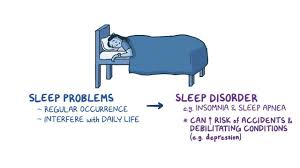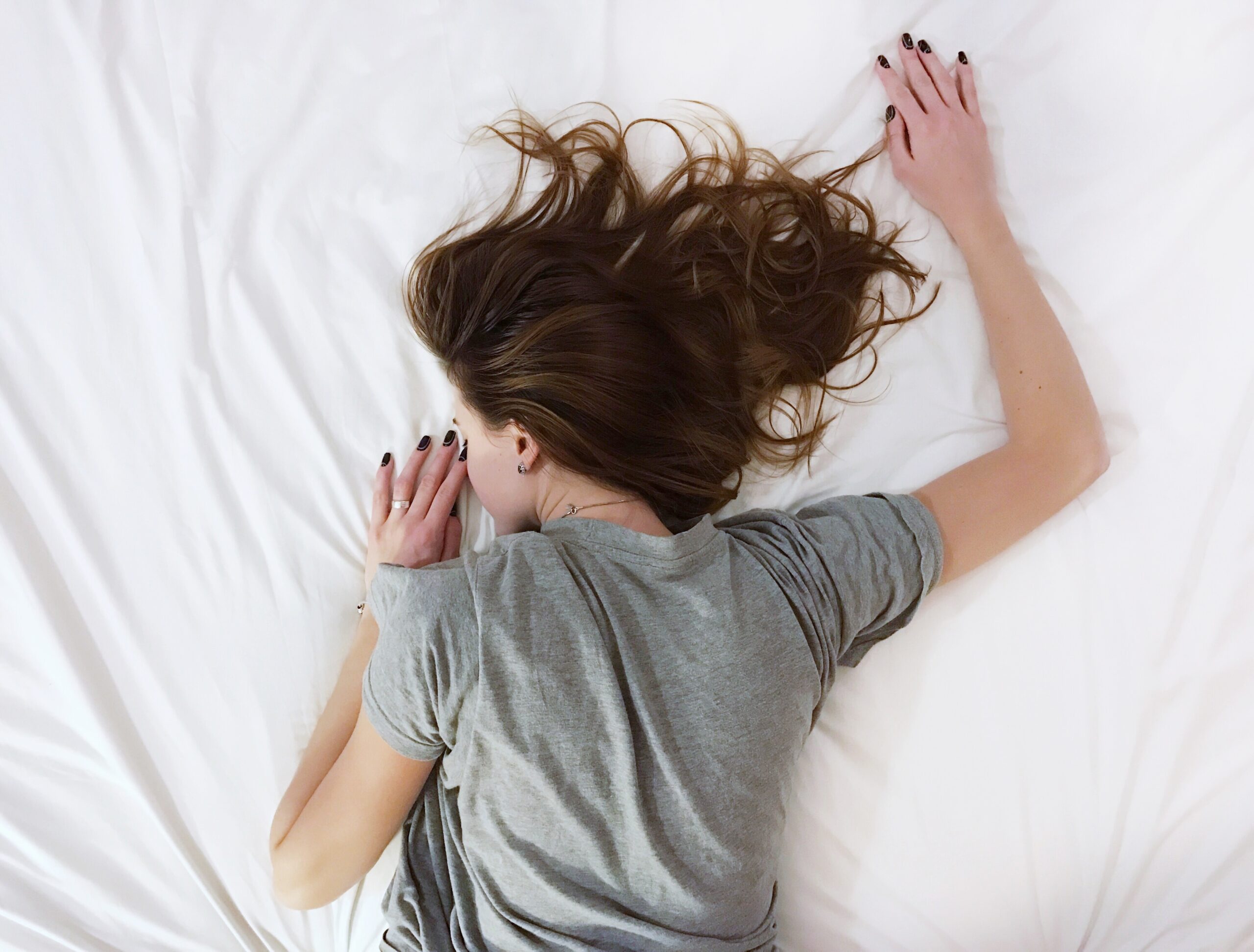So many people we see in the clinic struggle with the effects of poor sleep. We want to talk to you about why good sleep is so important and how you can go about getting it!
A good night’s sleep is as important to health as eating the right things and exercising. Your physical and emotional well-being depends on getting enough. Yet we’re living in sleep-deprived times. Some people are even competitive about how little sleep they’re getting, like dragging yourself through the day on four hours’ rest is a badge of honour. Scientists even say we’re now getting an hour or two less sleep each night than we were 60 years ago. And the effect on our bodies is not good.
The amount of sleep each person needs varies. Waking up feeling refreshed in the morning is a good indicator and so is being able to wake without an alarm. If you need an alarm to wake up, you are not getting enough sleep. If you don’t get enough sleep, you may not be able to concentrate properly and become irritable or agitated. You may also have blurred vision, be clumsy, become disorientated or slow to respond, and have decreased motivation. And, on top of that, if you’re tired and cranky, you are significantly less likely to make the best food choices.
You might be surprised to learn that, in a computer-simulated driving test, those who had had just a few hours of sleep were more dangerous on the (virtual) road than the people who had had a few drinks! In fact, the majority of road accidents are caused by tiredness.
The purpose of sleep is to rest and recover – and to allow the body to repair itself. These maintenance and repair processes take 7 to 9 hours. Adults need between 7 and 9 hours per night – regardless of what you think you have trained yourself to get by with.
But just how do you get a good night’s sleep?
The most common cause of insomnia is a change in your daily routine. For example, travelling, changes in work hours, disruption of other behaviours (eating, exercise, leisure, etc.), and relationship conflicts can all cause sleep problems. Establishing good sleep hygiene is the most important thing you can do to maintain good sleep. It might also be helpful to keep a sleep diary to help pinpoint any particular problems.
DO
- Try to go to bed at the same time every day. Your body thrives on routine.
- Keep the temperature in your bedroom comfortable; not too hot, nor too cold.
- Use your bed only for sleep and sex. This may help you completely switch off.
- Keep the bedroom completely dark, so you’re not disturbed by light, which your brain detects even when your eyes are closed. Eye masks can be useful.
- Spend time outdoors to soak up the sun.
- Try to take some gentle exercise every There is evidence that regular exercise improves restful sleep. This includes stretching and aerobic exercise. A brisk walk ticks both boxes.
- Make an effort to relax for at least 5 minutes before going to bed – a warm bath, massage, meditation.
- Keep your feet and hands Wear warm socks and/or mittens or gloves to bed.
- Consider getting a traditional alarm clock so your smartphone can stay out of the bedroom (see below). Better still, work out how much sleep you need by going to bed 15 minutes earlier until you find that you wake up naturally before your alarm. That’s your personal sleep requirement.

DON’T…
- Engage in stimulating activities – like playing a competitive game, watching an edge-of-the-seat film, or having an important conversation with a loved Even using smartphones and tablets can interfere with sleep, because they emit the same kind of light as the morning sun.
- Eat a heavy meal within four hours of going to bed.
- Drink caffeine after lunch – like coffee, ‘normal’ and green tea, and
- Use alcohol to help you Alcohol can make sleep more disturbed.
- Go to bed too hungry. Have a snack before bed – a glass of milk or banana is ideal.
- Try to avoid daytime naps.
- Try not to get frustrated if you can’t sleep. Go to bed in a positive mood – “I will sleep tonight”.
If you’re not sure where to start, take the first step today by booking your free 30-minute Health and Energy Review, so we can talk about your health concerns and I
can give you some energy-boosting strategies you can use straight away. If this sounds like what you need – link here.










